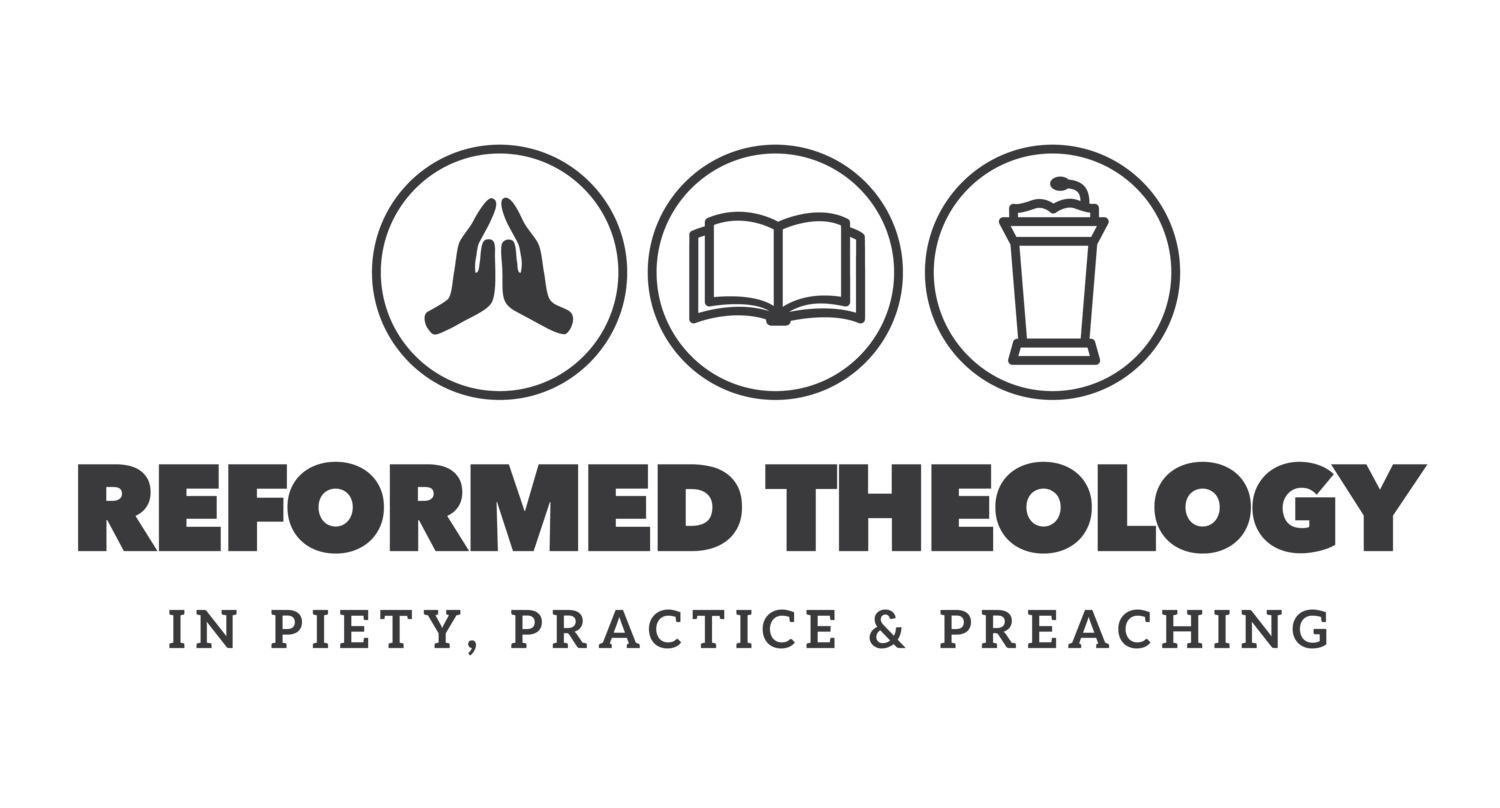One of the challenges that pastors and their families face is life in the goldfish bowl. In many other vocations a person can go to work, do his job, come home, and his home life and family stay out of view. My father worked for a tech giant for 37 years and I can count on my fingers the number of times that I interacted with my father’s co-workers. The same cannot be said about the pastor and his family.
When a church hires a pastor there is the expectation that he will bring his family to church with him. This means, like it or not, everyone in the church observes the pastor’s family on a regular basis. For better or worse, people in the church see most everything that the pastor’s family does: they take note of the clothes they wear, the books they read, the car that brings them to church, the movies they talk about, and their behavior. For example, I once rented a car to drive to presbytery and the rental agency was closed on Saturday when I returned. I decided to drive the car to church on Sunday morning and then return it first thing Monday morning. Other factors in this scenario were: I received a free upgrade because the “fancy” car was all they had in the lot; my gas and the cost of the rental were covered by my presbytery, which reimbursed ministers for the mileage they drove. So, everything was above-board in this situation. Nevertheless, when I drove up to church that Sunday morning my wife overheard someone say, “Well, I guess we must be paying the pastor too much money if he’s driving a new car!” Rightly or wrongly, I gently informed this person of the situation and they seemed to be relieved.
In another scenario I was walking out of church after a Sunday morning worship service. It seemed like an ordinary Sunday—in particular, there were a number of small children and infants making their usual noises during the worship service. But whose child was singled out as making a lot of noise that morning? Yes, my one-year-old son. The reality of the situation was that my son wasn’t in the worship service that morning—my wife had taken him out and placed him in the nursery. Nevertheless, my son was getting the “credit” for making noise.
The point of these two examples is that the pastor’s family is under constant scrutiny. Some people make observations involuntarily—they mean no harm by it but simply see what they see and offer comments. Others, unfortunately, have a sense of ownership—in their minds, since they tithe and contribute to the pastor’s salary, they feel as though it’s their personal responsibility to ensure that the pastor’s family conducts itself in a proper manner. Such people will make regular observations and unwanted comments and criticism.
What’s a pastor to do? I don’t have any airtight counsel, but here are a few observations of my own. First, pray that God would grant you the grace to live sacrificially before your congregation. As a pastor, you and your family will sacrifice a lot to serve the church, and giving up portions of your privacy is one of those sacrifices. When you go into the pastorate, recognize that you will surrender a lot of your privacy that other people in the church enjoy. But you are ultimately surrendering your privacy for Christ, not for anyone else. Your salary will be public knowledge, your car, home, the clothes your children wear, their behavior, etc., will be under the scrutiny of the church for the sake of Christ and his gospel, not for “career”.
Second, make careful decisions about the things that you do recognizing that people in the church will likely take notice. Do you want to fight a battle over the clothes that your wife wears? Is it worth it to assert your Christian liberty? You may have the right to do something, but is it wise? You may have an outside source of income (savings, family money, a gift) that allows you to make a special purchase (jewelry, a new car, a very expensive tv), but will that purchase cause you more trouble than it’s worth? Will it unnecessarily hobble your ministry?
Third, do your best to give your family time away from life in the bubble. If you can, take a vacation and be discrete about it. Don’t be so quick to offer up details about where you went, where you stayed, what you did. Tell the truth, “We had a terrific and restful time,” but leave the details out. This way your family can have some privacy and not feel like they’re constantly under the scrutiny of the microscope.
If you’re not a pastor, then take special care to give him and his family the needed room to live as normally as possible. Even though you might tithe and pay a portion of your pastor’s salary, I’m aware of no passage of Scripture that grants the individual member of the congregation the right to oversee the minutiae of the pastor’s life. The pastor reports to his elders—they alone have the authority to oversee the pastor and his conduct. Recognize the difference between matters of morality and Christian liberty. And don’t always assume that the pastor’s salary pays for everything that you see. It could very well be a gift or some other form of income that has provided him and his family with a needed amenity. Assume the best, not the worst, about your pastor and his family. And do what you can to make life in the bubble more bearable for them.
